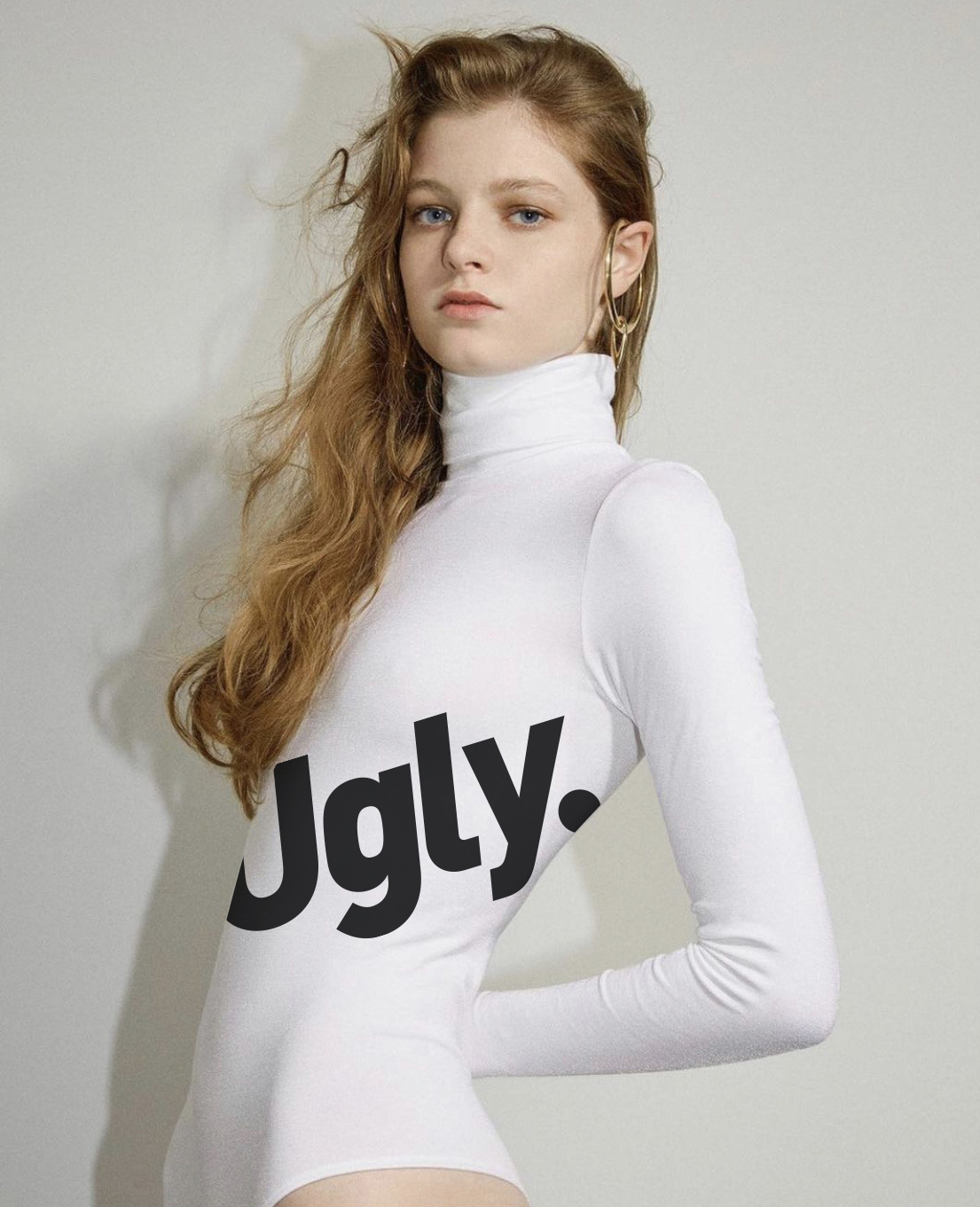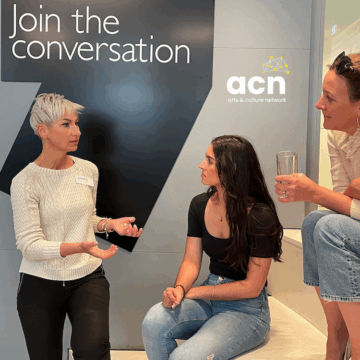It’s Time to “Get Ugly” with Alexander Shapiro

Beauty is a Standard.
Ugly is a Choice.
Ugly Inc
Our choices have become more status and image focused with social media and streaming videos making us constantly aware of beauty standards and fashionable values. Many lifestyle brands have been capitalizing on these behavior patterns by pushing new disruptive beauty standards that leverage previously underrepresented racial groups, sexual orientations and tabu topics. “Everyone is Welcome” as long as they buy our New and Improved Beauty Standards and Brand Identity. A prime example is how “Curated Ugliness” has been used by leading luxury brands to grab attention and virtue signal with Modern Affluent consumers.

In an Interview with 60 Minutes Alessandro Michelle, Creative Director at Gucci, refocused the conversation about Beauty by saying “I like the Ugly things. More strange. We are selling the Dream of Freedom.” Miuccia Prada has also supported this perspective and said “Ugly is attractive, Ugly is exciting. Maybe because it is newer. The investigation of Ugliness is, to me, more interesting than the bourgeois idea of Beauty.” Even Alexander McQueen confessed that “What ‘normal’ people would perceive as Ugly I can usually see something of Beauty in it.”

The Ugly sneaker trend promoted by Gucci, Prada, Fila and LV and the associated “Dad Shoe” moment which helped to push New Balance, Asics and Salomon into the fashionable spotlight for a hot moment continues to expand product portfolios and brand relevance for these companies. Strategic usages of Ugly products and Ugly Inclusion Art Direction for marketing campaigns has allowed luxury brands to quickly and easily generate brand engagement without having to change their continued use of classic beauty standard for sales staff, models, spokes people and sizing. Despite inclusive brand messages and more challenging product design directions cosmetic surgeries, self-image disorders and unrealistic damaging beauty standards continue to thrive in social media and across most advertising.

It was in response to these contradictory cultural forces that Strategy Consultant, Alexander Shapiro, formed a new brand: Ugly Inc. Growing up in 1970s and 80s Manhattan, Shapiro was confronted by a wide range of dynamic Beauty expressions and the Power Games associated with “Getting Noticed” and turning countercultural morphs into cash. With a whimsically minimalist logo designed in Beijing, China, Ugly encourages people to set themselves free from the pressures and restrictions of other people’s Beauty Standards. It encourages you to become more comfortable with your individual appearance and to embrace your own style, your way. The Business of Beauty and Beauty Products can be very damaging for many people and the Ugly brand hopes to start and support constructive conversations and healthy habits around Beauty and Self Expression Journeys.

I had the opportunity to speak with Mr. Shapiro about Ugly Inc., his vision for the brand, and how it interfaces with our current culture of aesthetics. Ugly exists today as a media platform and Mr. Shapiro plans for it to expand into products including cosmetics, fashion and food. The streetwear component is particularly compelling to the Ugly brand, with Shapiro citing positive reactions to the brand and an initial capsule collection in Korea, Japan and China where they created local language content with local influencers. Existing grass roots efforts exemplified by the “Escape the Corset” movement in Korean which featured women destroying their beauty products helped to encourage Ugly interactions.

Interest has been growing for Ugly with consumers and brand partners. “It was interesting to see how people were fascinated by the word Ugly and drawn to its transformational and often fun power.” Shapiro discussed the way Ugly has been resonating with consumers and how they have been reaching out to the brand and volunteering to expand its reach and influence. He calls Ugly a “conversation brand,” and is excited about the prospect of getting people to reconsider their relationships to beauty and beauty standards. “Everybody has a unique relationship to the word Ugly and condition of Ugliness. The word Beauty and idea of Beautiful is much more consistent and standardized within and across cultures.” K-Pop boy bands and American Movie Stars remind us of how effective and predicable Beauty Standards can be in a swipe first digital environment.

The positive aspects of Ugly and going beyond beauty standards is not being discussed enough in the mass media and establishes the opportunity for Ugly especially with minority groups that have limited access to the Beauty Industry. As Shapiro explains “Ugly should not live in the shadows of Beauty and Ugliness should not be feared. It can be liberating and support new forms of lasting positive social status and connection. Artists have traditionally used Ugly to express their perspectives and break out of confining guidelines and this opportunity is now available to lifestyle brands. It is not about saying Everyone is Beautiful it is about embracing your fears of Ugly and transforming Ugliness into an energetic and life affirming expression.”
This Ugly World can be seen on the ugly. _official Instagram page. Images and videos have been contributed by fans from over 20 countries and merchandise is presented with the Ugly logo. “If you wear Ugly, it can start a powerful conversation and help you generate space for your character. Ugly Fans in Beijing explained that anyone can wear a Luxury Logo, Heart or Unicorn but only a really Beautiful Person can wear Ugly or 丑.”
He hopes that as the brand grows and that Ugly will continue to be able to collaborate with other brands and influencers. “The word Ugly is powerful; it allows design teams and creative directors to play and explore. It might even create a space for brands to discuss their dark sides.” By confronting the taboo of ugliness from the start, he’s confident in the brand’s ability to foster dialogue and free expression. When I asked him if Ugly promotes exclusivity, Shapiro was straightforward. “Influencers and Brand Partners for Ugly should be carefully selected and one should earn the right to collaborate with Ugly otherwise it cannot be seen as a legitimate advocacy brand for minorities and those struggling with self-image issues.”
Ugly is not trying to change or erase Beauty. “We aren’t trying to create a new Beauty Standard we’re trying to go beyond standards.” Faced with Shapiro’s conviction, it’s difficult not to share his “Ugly Love”. As I imagine what a community of Ugly Lovers might look like, I have to say that I completely agree. It’s time to “Get Ugly.”






